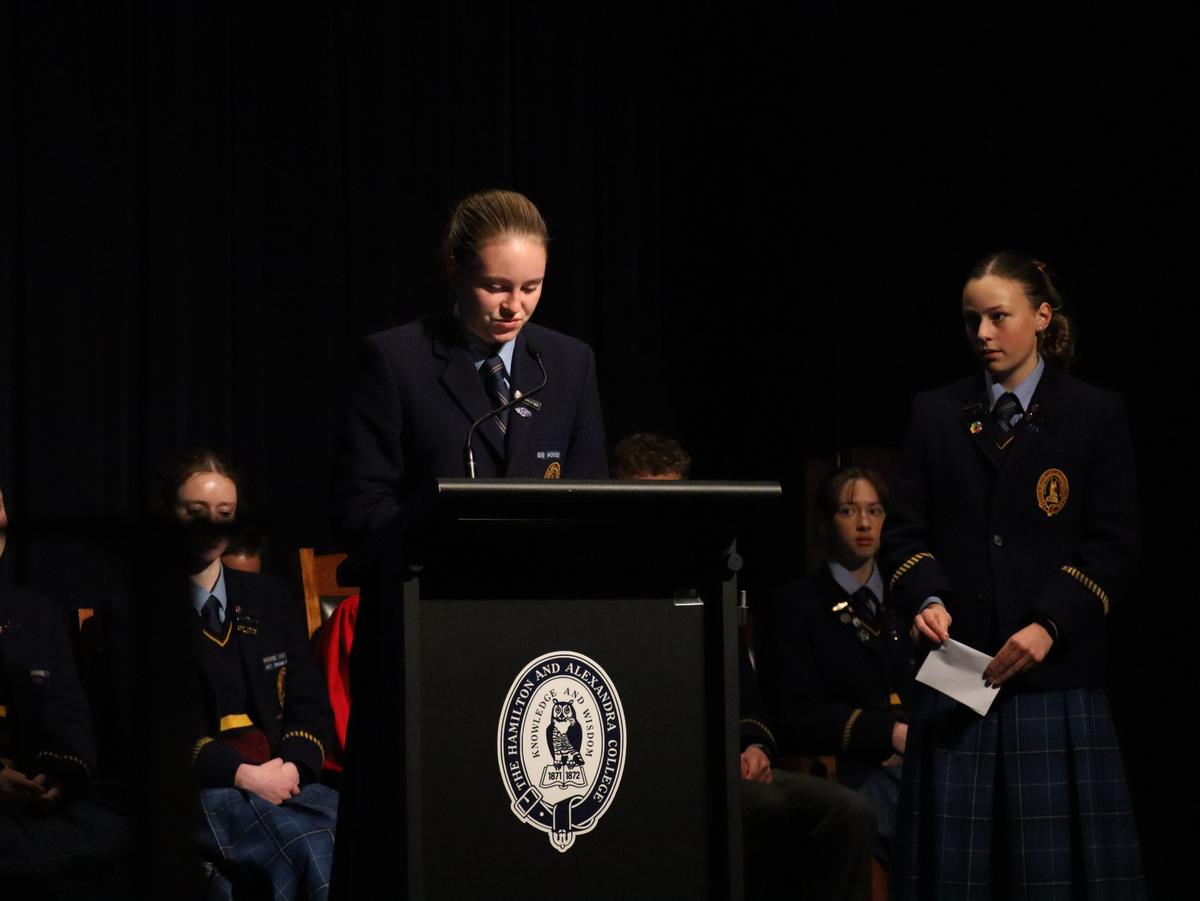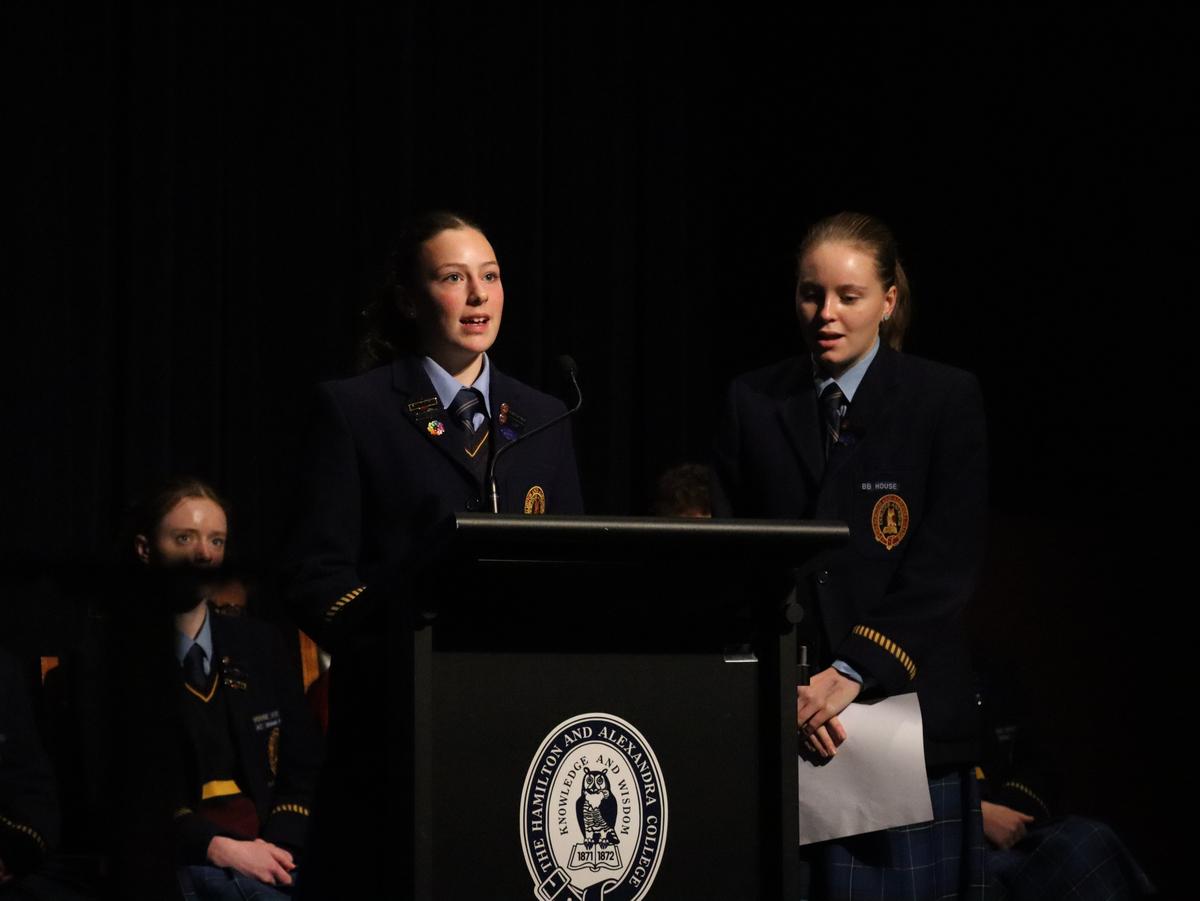Director of Learning and Teaching
Anna Robertson

Director of Learning and Teaching
Anna Robertson
Newsletter, Week 7, Term 2
At our Assembly this week, I spoke to the students in anticipation of their Mid-Year Examinations, which will take place next week for students in Years 7 to 11. If you are a parent of a student in these year levels, I am sure it has been a topic of discussion at home. I shared three strategies, although there are numerous others, for students to use when revising and preparing, and I have shared these in the table below.


However, my main point was for students to understand that the purpose of the examinations is output, not input. This is not the time to pour information, skills, and knowledge into your memory; rather, it is a time to practise how to retrieve information and share it. Therefore, the revision strategies need to be aligned with this. Over the coming 10 days, as they revise and sit examinations, they should spend their time wisely, practising the skill of retrieving information from their memory. Rereading a passage is a great start, but then move the passage away and summarise it in dot points. Find your key vocabulary and write questions where that is the answer.
I invited some of our Middle Years Leaders to share their strategies and tips for studying, revising, and surviving exam week. As usual, I was blown away by their insights and maturity, both in content and delivery. I thought I would share their voices here with you as well.
Best wishes to all students - and families - for a successful, not too stressful, exam week next week.


Exam revision can be a stressful time, I’ve found that when preparing for exams it is extremely helpful to use repetition and practice questions for each subject.
Whether it be analysing a novel or discussing natural disasters it is always useful to spread your study out over multiple days or take breaks in between topics. Have fun preparing, try your best and learn from your mistakes. Grace Haldane


When I study for exams, I like to keep things simple and effective. I use flash cards a lot, they help me remember key facts quickly and make revision less overwhelming. For English, I usually find a good summary of the book we’re studying, which really helps refresh my memory and gives me a clearer understanding of the main themes and events. It’s all about finding what works best for you and sticking with it! Ava Ryan


When I study for exams to keep me calm I usually like to listen to some music or I like to go out for an hour of exercise whether it’s training or just a run around the farm to keep my stress levels down and focus on studying for the busy week ahead, by reading flash cards or writing in my revision booklets.
Mhairi McDonald


When studying, I like to motivate myself with a small reward after I study, like chocolate or a TV break. I also find that having quiet music in the background helps to keep me focused. I usually set myself a time limit, depending on how many sports and activities I have throughout the day, to manage my time and not get exhausted. When I get overwhelmed or annoyed, I take a break , shoot some hoops or get some fresh air and come back later. Elsie Brown


Some of the ways I handle the weeks leading up to exams are trying to keep organised and committing to hard work. I find that without a plan and focus I lose sight of my goals and motivation, so this method is really helpful if I’m feeling stressed. Chocolate also helps!
Leila Robertson


To help me feel more prepared for exams, I go to the library after school with my friends. I find it easier to revise for things with my friends so that we can test each other on the topics we don’t feel fully confident with.
Poppy Malseed
Anna Robertson
Director of Learning & Teaching